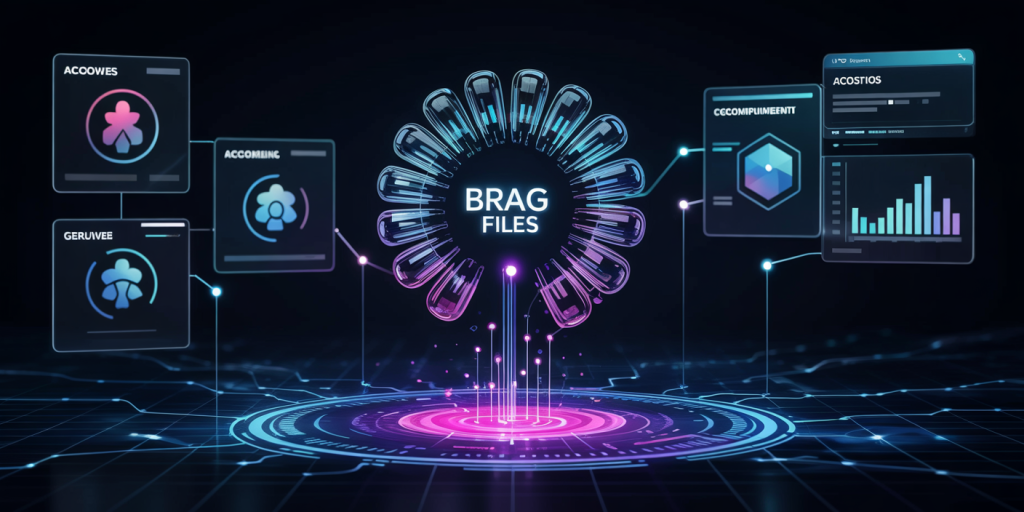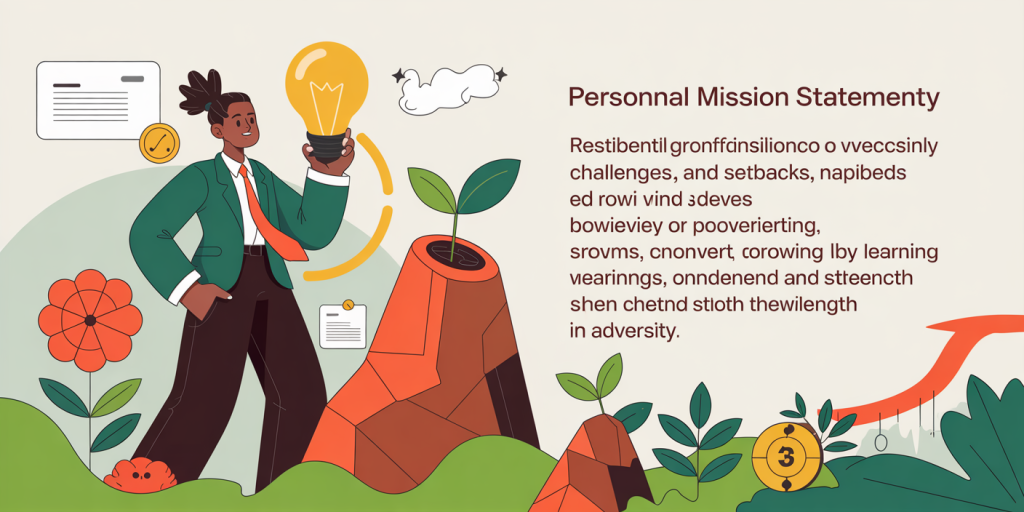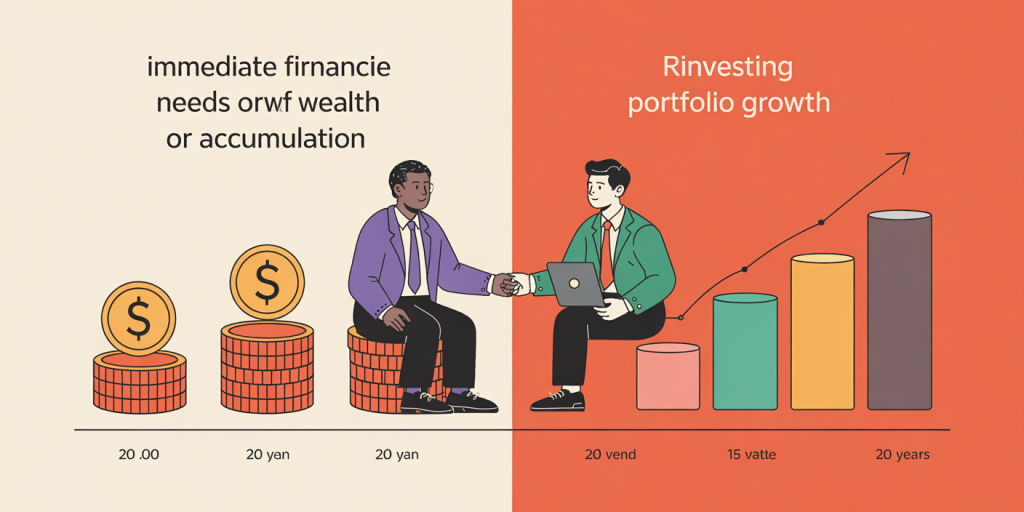In today’s rapidly evolving job market, the phrase “career insurance” takes on a new meaning. Traditional career paths, once seen as linear and predictable, no longer guarantee long-term stability. With technological advancements, automation, and shifting economic landscapes, professionals must continuously update their skills to remain relevant. Lifelong learning, the ongoing pursuit of knowledge and skills throughout an individual’s life, has emerged as the most reliable form of career insurance.

Businesses increasingly prioritize adaptability and innovation, emphasizing the importance of employees who can learn new tools, methodologies, and industry trends. Research from the World Economic Forum illustrates this trend clearly: by 2025, 50% of all employees will need reskilling due to technological disruptions. This highlights why embracing lifelong learning is essential for securing a dynamic and resilient career.
The Changing Dynamics of the Workplace
The labor market today is marked by unprecedented change. Automation and artificial intelligence are reshaping how tasks are performed, often replacing repetitive or routine jobs. For instance, consider the manufacturing sector, where robots have taken over assembly lines, or the customer service field, where chatbots handle routine inquiries. This shift challenges employees to develop skills beyond what they initially acquired.
A 2023 Gallup survey found that 87% of workers believe ongoing education is crucial to their career success. This sentiment is backed by real-world cases such as IBM’s transformation initiative, where the company invested heavily in reskilling 250,000 employees through online courses and hands-on training. This adaptive strategy not only kept IBM competitive but also protected many employees from job displacement.
Lifelong learning creates a buffer against the disruption caused by technological shifts. By continuously upgrading their skill sets, professionals remain flexible and competitive. Those who rely solely on initial qualifications risk obsolescence, while lifelong learners can pivot more easily between jobs or even industries.
Benefits of Lifelong Learning for Career Stability
Continuous learning offers multiple advantages beyond technical proficiency. It enhances problem-solving abilities, critical thinking, and creativity—skills that are highly valued in any workplace. Employers often rate these soft skills as equally important as hard technical skills. For example, Google’s hiring strategy, which emphasizes “learning how to learn,” demonstrates how cognitive agility can be more important than previous experience.
Moreover, lifelong learning builds confidence, enabling employees to take on new challenges and responsibilities. This often leads to faster promotions and expanded career opportunities. The U.S. Bureau of Labor Statistics reports that workers with advanced training or certifications experience 15-20% higher earnings than those without such credentials.
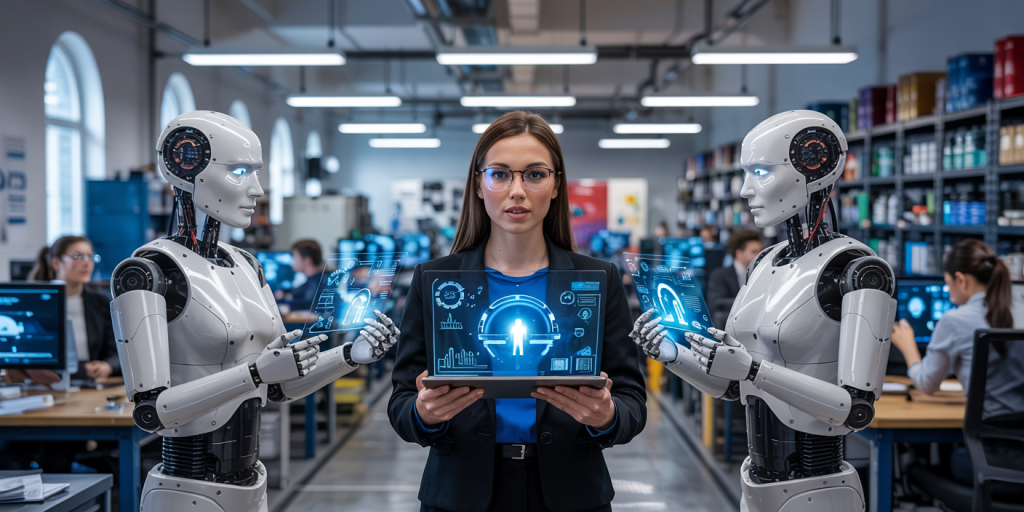
An illustrative example comes from the healthcare industry, where ongoing education is vital. Nurses and medical technicians frequently update their knowledge to keep pace with medical advancements and regulatory changes. This commitment to learning ensures patient safety and professional growth.
| Benefits of Lifelong Learning | Description | Real-World Example |
|---|---|---|
| Skill Relevance | Keeps technical abilities up-to-date | IBM’s employee reskilling program |
| Soft Skill Development | Enhances critical thinking & creativity | Google’s hiring focus on learning agility |
| Career Progression | Opens opportunities for promotion and raises | Healthcare professionals earning higher pay after certifications |
| Resilience to Automation | Mitigates risk of job loss due to AI or robots | Manufacturing workers trained for tech maintenance |
Practical Approaches to Lifelong Learning
Adopting lifelong learning requires intentional, strategic efforts. One effective method involves setting learning goals aligned with personal career aspirations. For instance, an IT professional might prioritize gaining expertise in cybersecurity, a field expected to grow by 31% from 2020 to 2030 according to the U.S. Bureau of Labor Statistics.
Professional development can be pursued through various channels, including online courses, webinars, workshops, and certifications. Platforms like Coursera, LinkedIn Learning, and Udacity cater to diverse learning needs, allowing workers to acquire skills without disrupting their daily routines. Additionally, on-the-job learning through cross-functional projects or mentorship can provide practical experience.
Consider the success story of Sarah, a mid-career marketing manager who realized that data analytics would be critical in her field. She enrolled in an online analytics course, applied the skills in her work projects, and within two years, secured a director-level position overseeing data-driven marketing strategies. This example underscores the value of targeted learning initiatives.
Employers also play a key role by fostering a learning culture. Companies like AT&T have launched internal upskilling programs aiming to train 500,000 employees over a decade, reflecting a commitment to workforce development and retention.
The Digital Revolution and its Impact on Learning
The digital revolution has democratized access to education, making lifelong learning more feasible and attractive. The ubiquity of smartphones, broadband internet, and learning management systems enables learners to access courses anytime and anywhere. This flexibility is critical for working adults balancing careers, family, and continuing education.
Data from a 2022 Pew Research Center study indicates that 59% of working adults have engaged in online learning within the past year, a significant increase compared to pre-pandemic years. The COVID-19 crisis accelerated this trend, pushing many to adopt remote learning platforms.
Digital certifications and micro-credentials also contribute to career resilience. Instead of long degree programs, learners can acquire specific skills through stackable certificates recognized by employers. For example, Microsoft’s professional certificates in cloud computing have become industry standards, equipping learners with in-demand expertise that translates directly into job readiness.
However, while technology expands learning opportunities, it also requires learners to develop digital literacy. Those lacking proficiency in navigating digital tools risk being left behind. Therefore, cultivating digital competencies is a foundational step in lifelong learning.
Lifelong Learning as a Response to Economic Uncertainty
Economic downturns and market volatility exacerbate job insecurity, underscoring the importance of lifelong learning as a safety net. During recessions, companies often downsize but may retain adaptable employees who can fill multiple roles. Workers with narrow skill sets or outdated knowledge face higher unemployment risk.
The 2008 financial crisis exemplifies this, where industries such as finance and manufacturing underwent substantial layoffs. Workers who proactively diversified their skills found transition pathways into growing sectors like technology or healthcare. A study from the Brookings Institution shows that individuals who engaged in additional training during recessions had significantly better employment outcomes after recovery.
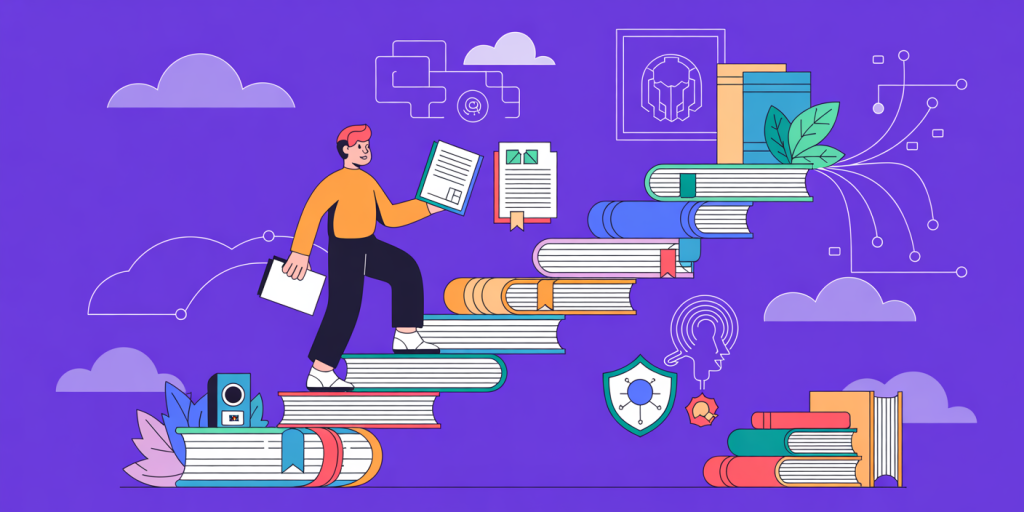
In today’s context, geopolitical tensions, trade disruptions, and inflation contribute to an uncertain economic environment. Professionals equipped with diverse competencies and a mindset geared toward continuous learning can better weather these storms by moving into emerging areas.
| Economic Impact | Consequence | Role of Lifelong Learning |
|---|---|---|
| Recession-Induced Layoffs | Increased unemployment | Enables rapid reskilling for new roles |
| Technological Displacement | Job redundancy due to automation | Provides ability to acquire new high-demand skills |
| Market Shifts | Emergence of new industries | Facilitates career pivots into growth sectors |
The Road Ahead: Lifelong Learning and Future Careers
Looking forward, lifelong learning will only become more essential as careers extend over several decades. People entering the workforce today can expect to change jobs 12 times on average, according to the U.S. Bureau of Labor Statistics. This dynamic makes static qualifications insufficient for long-term career security.
Emerging technologies such as artificial intelligence, blockchain, and quantum computing will create new roles that do not yet exist, demanding continuous adaptability. Lifelong learners who embrace change with curiosity and resilience are best positioned to leverage these advancements.
Educational institutions are increasingly integrating lifelong learning models, offering modular learning paths and industry partnerships to keep curricula relevant. Governments and organizations are also investing in “learning ecosystems” where individuals can access resources across multiple platforms and communities.
The future of work will reward those who view education as a habitual practice rather than a finite phase. Cultivating a growth mindset, supported by accessible learning opportunities, will not only safeguard careers but also enrich personal and professional fulfillment.
















